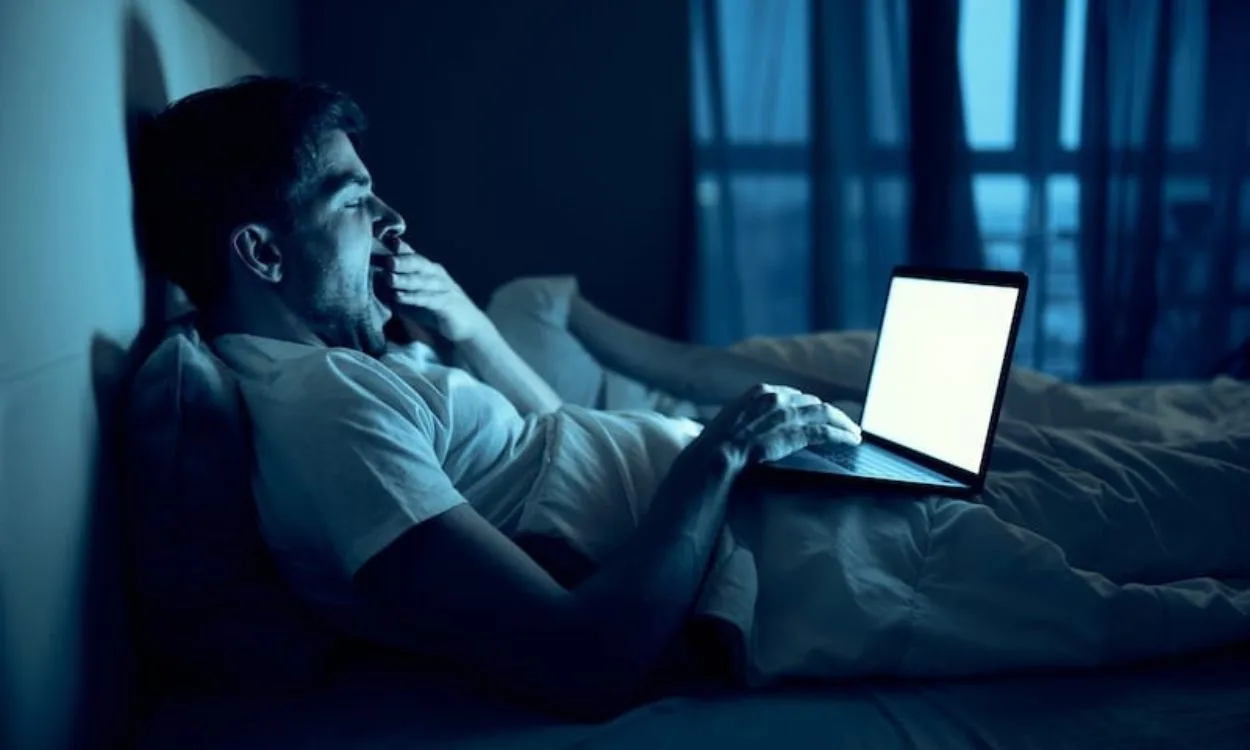How does technology affect our sleep?
In today’s fast-paced and highly connected world, technology has become an integral part of our daily lives. We rely on various devices and gadgets to stay connected, entertained, and productive. However, the increasing use of technology, especially in the evening and before bed, can have a significant impact on our sleep patterns and overall sleep quality. Let’s dive deeper into how technology affects our sleep and what steps we can take to ensure a good night’s rest.
1. Blue light and melatonin disruption: One of the main ways technology affects our sleep is through the emission of blue light. Electronic devices such as smartphones, tablets, and laptops emit blue light, which can suppress the production of melatonin, a hormone that regulates our sleep-wake cycle. Exposure to blue light in the evening can signal to our brains that it’s still daytime, making it harder to fall asleep and stay asleep.
2. Increased stimulation and arousal: Engaging with technology before bed can also lead to increased mental stimulation and arousal, making it difficult for our minds to relax and unwind. Scrolling through social media, watching intense movies or TV shows, or playing stimulating video games can keep our brains active and alert, making it harder to transition into a restful sleep.
3. Disrupted sleep patterns: The use of technology, particularly during late-night hours, can disrupt our natural sleep patterns. Continuous exposure to screens and digital stimuli can interfere with the body’s internal clock, known as the circadian rhythm. This disruption can lead to difficulties falling asleep, frequent awakenings during the night, and overall poor sleep quality.
4. Sleep procrastination: Technology can also contribute to a phenomenon known as sleep procrastination. With the abundance of entertainment options available at our fingertips, we may find ourselves staying up later than intended, sacrificing precious sleep time in favor of scrolling through social media, binge-watching TV shows, or playing online games. This behavior can lead to chronic sleep deprivation and daytime fatigue.
5. Sleep disturbances and insomnia: For some individuals, the use of technology before bed can exacerbate existing sleep disorders such as insomnia. Insomniacs may find that the heightened mental stimulation and exposure to blue light make it even more challenging to fall asleep, perpetuating the cycle of sleeplessness and anxiety.
Now that we understand how technology can impact our sleep, let’s explore some strategies that can help mitigate these effects and promote better sleep hygiene:
1. Establish a technology-free bedtime routine: Create a relaxing routine before bed that doesn’t involve screens. Engage in activities such as reading a book, listening to calming music, or practicing relaxation techniques like meditation or deep breathing exercises.
2. Limit screen time before bed: Set a designated “screen curfew” at least an hour before bedtime. This gives your brain time to unwind and prepare for sleep. Avoid using electronic devices in bed and opt for a traditional alarm clock rather than relying on your phone.
3. Use blue light filters: Many devices now offer built-in blue light filters or night mode settings that reduce the amount of blue light emitted. Enable these features in the evening to minimize the impact on your melatonin levels.
4. Create a sleep-friendly environment: Make your bedroom a sleep-friendly zone. Keep it dark, cool, and quiet. Invest in blackout curtains, comfortable bedding, and a supportive mattress to optimize your sleep environment.
5. Practice good sleep hygiene: Establish a consistent sleep schedule by going to bed and waking up at the same time every day, even on weekends. Avoid consuming caffeinated beverages or heavy meals close to bedtime. Engage in regular physical activity, but avoid vigorous exercise right before bed.
While technology can disrupt our sleep patterns, it’s important to note that not all technology is detrimental to sleep. In fact, there are apps and devices available that can help track and improve sleep quality. Fitpaa, for example, offers a range of features such as sleep tracking, relaxation exercises, and personalized sleep recommendations to help individuals achieve better sleep. If you’re struggling with sleep issues, incorporating technology specifically designed to enhance sleep quality into your routine may be beneficial.
In conclusion, while technology has undoubtedly revolutionized many aspects of our lives, it’s crucial to recognize its potential impact on our sleep. By implementing healthy sleep habits, establishing a technology-free bedtime routine, and using technology mindfully, we can strike a balance between the benefits of technology and the importance of quality sleep.
Ready to take a step towards improving your sleep and overall well-being? Download the Fitpaa app today and discover a holistic approach to achieving your health and fitness goals. With features designed to optimize your sleep, personalized guidance, and expert support, Fitpaa can help you transform your sleep patterns and enhance your overall quality of life. Don’t let technology hinder your sleep – let Fitpaa empower you to achieve your best sleep ever.
Note: Fitpaa is an AI-driven metabolism monitoring and management technology that offers a range of features to assist individuals in achieving their health and fitness goals. While the use of Fitpaa is not necessary to implement the strategies mentioned above, it can provide additional support and guidance.









